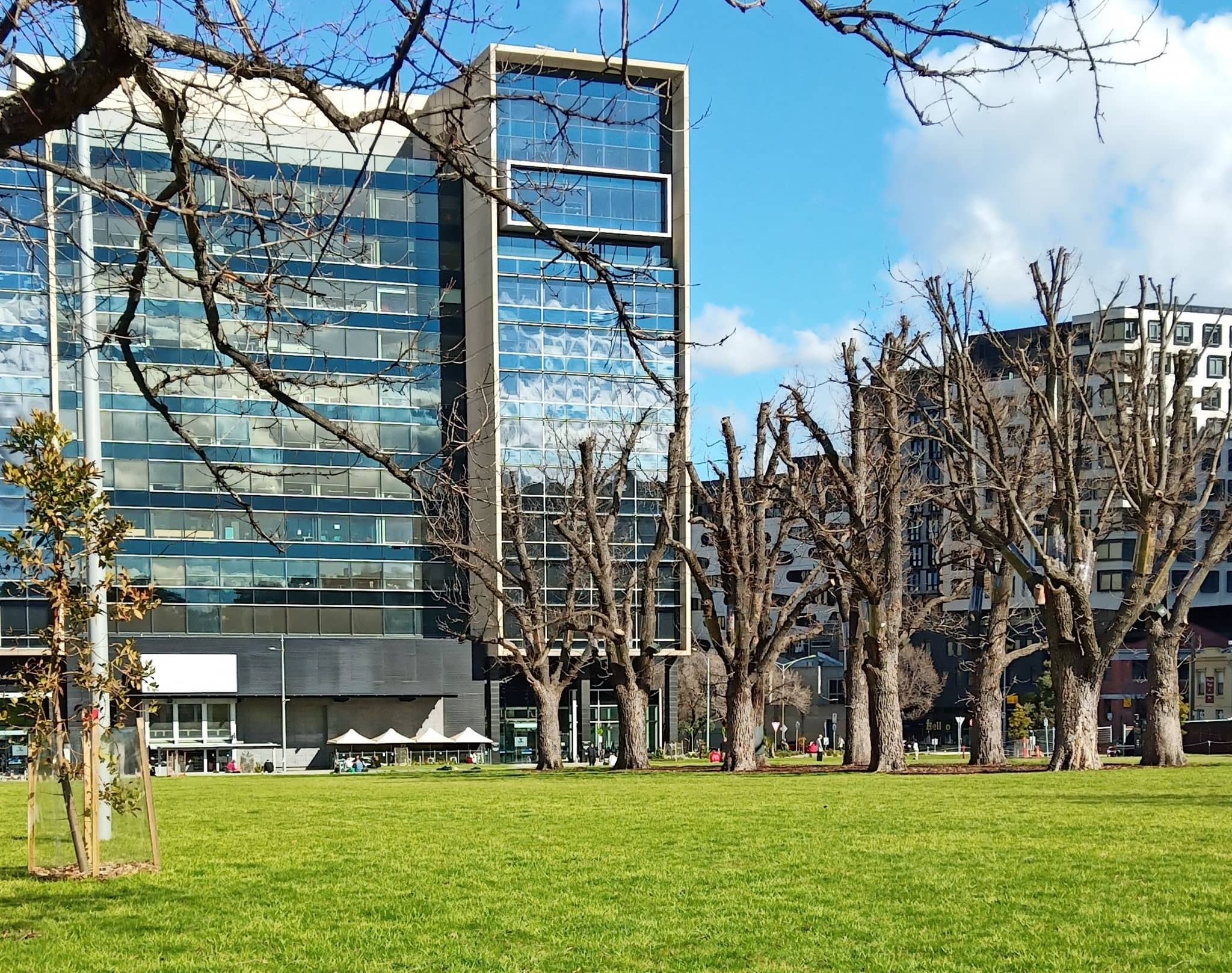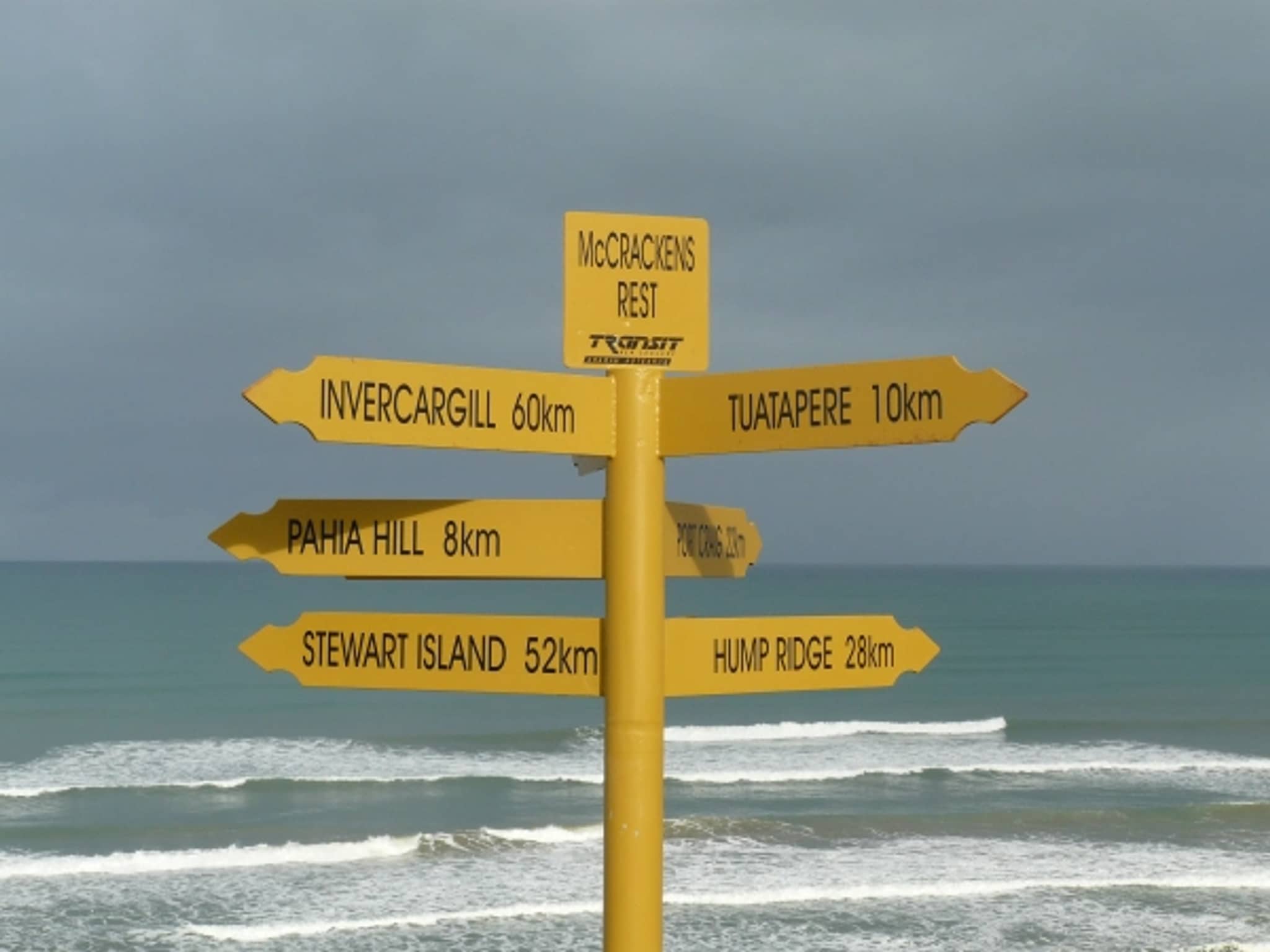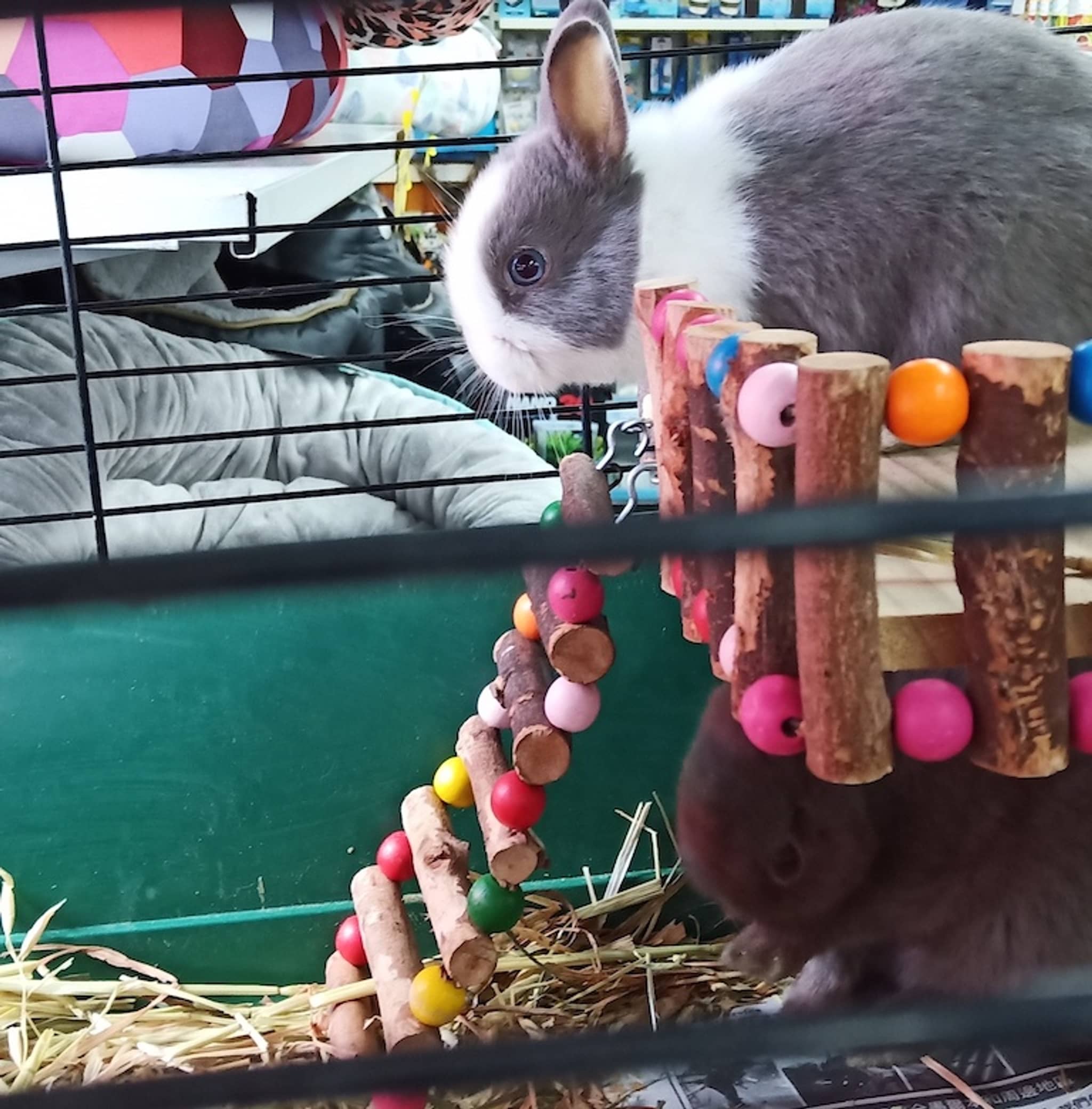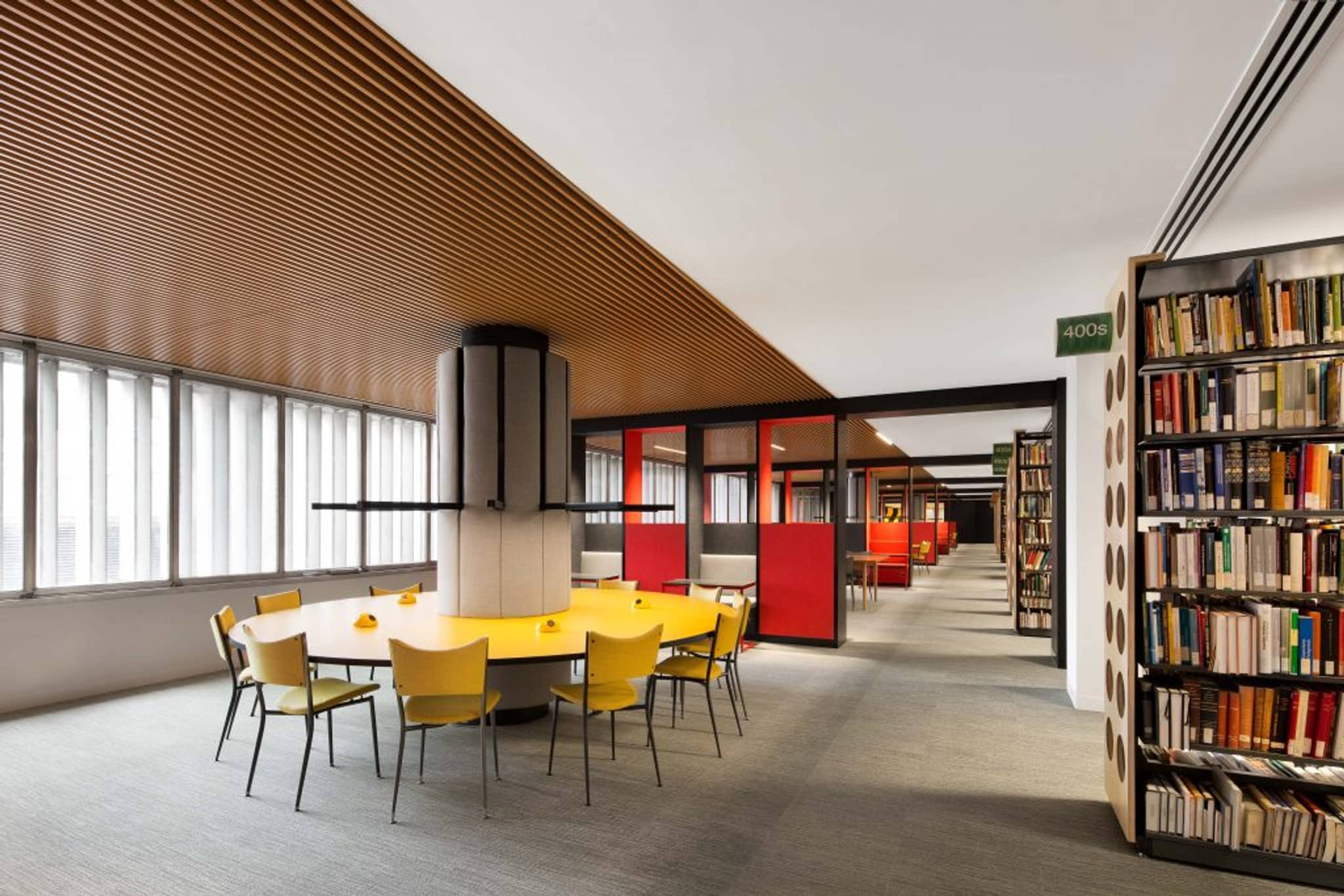My Thoughts on Pursuing Higher Study

Table of Contents
This story is split into 3 parts. The first part is the preparation, the second part is the study itself, and the last part is the summary. The currency exchange rates in the post are using the rates on December 12, 2017 (USD, 1 USD = 13.560 IDR) and July 12, 2018 (AUD, 1 AUD = 10.556 IDR).
Preparation
The year was 2017. My father said that during his time, he didn’t have the chance to pursue higher study because he lacked financial support. Now that he could afford me to pursue higher study overseas, he really wanted me to do it.
Another concern that he raised was with regards to the increasing competitions, academic degrees contribute a lot when applying for jobs. However, I didn’t agree with this norm (and still don’t), because degrees do not necessarily guarantee that one is capable of creating positive impact.
There were 2 reasons that contributed to my final decision to pursue higher study. The first one was because I respected my father’s good will. The second was I wanted to experience living abroad by myself. And so, I prepared for the upcoming enrollment in July 2018.
Looking for Options

The first thing I did was listing universities that I wanted, I could apply, and I could afford. I didn’t want to do another subject other than Information Technology, so I was pretty much locked on it. Computer Science came close but I threw it out of the window because I couldn’t really do mathematics and didn’t want to relive the undergraduate pain once more.
Most post-graduate program required my undergraduate GPA to be at least 3.0 in the scale of 4.0. Since I didn’t do well in my undergraduate, my choice was a bit limited. From my search result in Top Universities in 2018, I found out that University of Melbourne, which at that time ranked 14th best, had lower GPA requirement (2.75 in the scale of 4), so that’s a yep.
University of Melbourne’s Information Technology course had Human-Computer Interaction as well, which aligned with what I did at that time, front-end web development. That’s another yep. Anyway, I chose Masters by Coursework instead of Masters by Research because at that time, I didn’t really have an idea worth for a research.
Australia also seemed to be a new whole world to me at that time, as I had never experienced four seasons in a year before. That’s the third yep.
Tuition fee and living cost… maybe not so much of a yep. At that time, for each semester, a student was given 50 credits which they could use to enroll in subjects. The fee for each 12.5 credits taken was 5,376 AUD (around 57.2M IDR). On top of that, the living cost in Melbourne was one of the highest in Australia, especially when it comes to renting a place to live. I could cut this cost if I was willing to live with other people, but I valued me-time so much. I couldn’t afford to risk it in the long run.
A Mountain to Climb

The hardest part of the preparation was passing the IELTS score needed to enroll in the University of Melbourne’s School of Engineering. During that time, the minimum overall score was 6.5, with no aspect lower than 6.
The IELTS test fee itself was really expensive (215 USD ~= 2.91M IDR). To make it worse, it was a one-off. If I screwed it, I would need to re-attempt and pay for another test. I think it took around 3 months of preparation for me before I attempted it in December 2017.
There were 4 aspects tested. They are listening, writing, reading, and speaking. My speaking test was scheduled a day after other written tests.
The test day finally came, and I thought I was doing quite well for the first three tests, so I approached the speaking test session with confidence. Long story short, I came into the room where the speaking test was held and began the conversation with the native speaker.
So, the IELTS speaking test consists of three parts. The first part is questions about us and our family. In the second part, we will need to talk about a topic, while in the third part, we will discuss that topic with the examiner.
First part was relatively easy, but the second part turned the tide.
I was asked about my favorite soap opera. I still remember to this day, how confused I was when I heard the term “soap opera”. It was definitely the first time I heard about it. Worse, I needed to do a monologue about it for 1 minute. The worst part, I needed to have a conversation about “soap opera”.
It was the most random conversation that I have ever had to date, I think. I didn’t even know what I was talking about and the person I had conversation with didn’t want to explain about that “term” to me.
I think it is safe to say that I did poorly in that test.
One month later, the result came out. I got 7.0 (listening), 7.0 (writing), 8.0 (reading), and 6.0 (speaking), with the overall 6.5. So, yay. I passed the IELTS score requirement. It could have been worse, so I said, “I’ll take it”.
Registration and Visa Application
The next step was applying to University of Melbourne, with the IELTS result attached. I applied in January 2018 and waited for the announcement after. Their website told me that the selection process would start in late March.
Initially, I was confident. However, when I hadn’t received any notification in early April, I began to worry and started looking for other options.
But, again, yay. Out of nowhere, I got the notification that my application was accepted. However, the roller coaster didn’t end there. In order to complete my student Visa appliation, I needed to have a medical check-up. So, I made an appointment with a hospital that was recommended by the Australian Embassy.
During the examination, I told the doctor that I once had a Tuberculosis when I was around 10 years old. Then, the doctor said that my Visa application might be rejected because of it. It felt really bad after all the effort that I had done if it ended that way.
However, fate allowed my Visa to go through, and so I departed for Melbourne in July 2018.
Hello, Melbourne!

Now, just because I took a photo of the Law Building, it doesn’t mean that I was enrolled in that course. Actually, it is one of the good photos that I took during my stay there. This is because I didn’t take photos quite often… and of course, I’m not a good photographer either.
Right, so, I spent first 2 weeks to find permanent accommodation. I took consideration of 4 aspects, rent fee, distance to university, distance to markets, and transportation costs. If I was about to live in the suburbs, I could save some money from rent fee. However, the travel cost may be quite expensive. Tram and bus fares were at 4.30 AUD for 2 hours (with daily cap at 8.60 AUD ~= 91k IDR). It could be reduced if I had bought a bike, but I would require to take care of it for 1.5 years. I wasn’t sure the cost and effort were worth the benefits.
After all things considered, I rented a studio apartment which was 15 to 20 minutes walking time to university and supermarkets in CBD. The rent fee was at 1,439 AUD per month (around 15.3M IDR), furnished and included electricity and water. The apartment was also equipped with free gym facilities. Just across of it, there was a big park and museum, which was coincidentally the examination venue at the end of the semester.
I don’t think I regret renting that place. Sure, the cost was high, but I saved a lot of energy. I didn’t have to depart way earlier, I didn’t have to spend money on transportation, and I could just roll my way out to get into the examination venue. The park was also a good running spot. If I decided to live in the suburbs, I would have saved probably 200 AUD per month (around 2.13M IDR), but I’m not sure whether that amount can make up for the convenience that I had.
Living Style

I had a boring living style. Each weekend, I went to Queen Victoria Market to get some seafood, eggs, fruits, and veggies. There was also a pet shop, so it was a great opportunity for me to see bunnies. After that, I went to the supermarket in CBD to get products that were not available in QV Market. Or maybe, they were available but I was too lazy to find it!
Anyways, in the supermarket, I usually bought rice, bread, chocolate spread/strawberry jam, frozen veggies, cereals, canned fish, milk, and many others. Sometimes, noodles and snacks were also on the list. Depending on the cycle, I usually spent 20-30 AUD per week for groceries (around 213k-319k IDR).
What about food that I used to eat? Well… it was a very, very stale variation. The table below represents my eating “schedule” each week. Please note that this wasn’t always the case, sometimes I skewed from this table because I was bored.
| Day | Breakfast | Lunch | Dinner |
|---|---|---|---|
| Sun | Cereal | Bread variations (sandwich/spread) | Bread variations |
| Mon | Cereal | Potato salad | Bread variations |
| Tue | Cereal | Potato salad/bread variations | Potato salad/bread variations |
| Wed | Cereal | Rice, egg, veggies | Rice, egg, veggies |
| Thu | Cereal | Rice, egg, veggies/eat in a restaurant | Rice, egg, veggies |
| Fri | Cereal | Salmon sushi (or rice+salmon when lazy) | Salmon sushi (or rice+salmon when lazy) |
| Sat | Cereal | Salmon sushi (or rice+salmon when lazy) | Bread variations |
That was really boring, wasn’t it? I don’t know, I have a very low standard of taste, so I prepared foods that were easy to make, easy to clean, and acceptable to eat. Less time cooking, more time doing other things! Also, I kept salmon for the weekend because, you know, save the best for last.
Networking
I tasted the first university life during the so-called “orientation” for Masters student. At that time, I still had this “motivation” to network with as many other students as I could. Guess what? I met a person, we exchanged numbers, but after that day we never talked anymore.
It was nearly the same when I was doing my undergraduate. People were encouraging to network, but it just won’t happen with people who don’t share a common interest with us. It’s not their mistake, it’s not our mistake. It’s just not meant to happen.
During my undergraduate study, there was a tie that bound most, if not all students in a group together (a group can be school, faculty, course, or organization). Enrollment year was the top-level tie, followed by the group name. I think these commonalities helped us (or at least, me) relate with each other.
This was not the case during my graduate study. People were not only coming from different countries, but they also had varying backgrounds. They had their own stuffs — some had married, some were busy working part-time, and so on, and so forth. It was a completely different world. On top of that, the face-to-face time was very limited — I didn’t always meet the same classmates in every class, because students could enroll in core and elective subjects without any specific order (except for subjects with prerequisites).
Quality of Content
I can only speak for Information Technology course, Human-Computer Interaction major, along with some other elective subjects. Generally speaking, I learned some new things in the classes. However, I don’t think they were worth the money I had spent, as there were a lot more things that I could have learned by myself, say, in an office environment.
Most of the subject coordinators were amazing. They did tremendous amount of preparation before a class so they could deliver their teaching material in the best way possible. I also enjoyed most of the tutorials and workshops because the tutors were interactive.
Group Projects
I feel like I really need to share this. It’s almost impossible to avoid a group project when we are doing our study. Well, you know, with the stigma that graduates are lacking soft skills, universities and institutions incorporate a lot of group project, hoping that it will solve the problem.
The intention is good. However, group projects were the most painful thing that happened to me during my university life. Why?
Hierarchy was inexistent. You know what happens when there is no hierarchy? Everyone gives their opinion and sometimes, it’s really hard to decide without making them frown and turning the situation uncomfortable. A group leader is not even a thing as well, as they can be easily manipulated by group members who are close to them.
Meetings were ineffective. Some of my group meetings were held for more than 3 hours. We were really inefficient of using our time because we didn’t prepare for the meeting. During the meeting, we also didn’t use a timer for each agenda, resulting in extended discussion, which most of the times wasn’t necessary. At one point, I and my friend suggested to our group to have a time limit for each meeting agenda, but it didn’t work, just because one person wanted their opinion to be heard and didn’t want to be cut off.
Lack of tolerance. Once, I had a group meeting that started in the afternoon and ended up in the midnight (around 3AM). The main task was to finish our report. However, again, we didn’t prepare well for it before the meeting, as well as communicating it. There was a person who suddenly binned the draft document just because their part wasn’t compatible with the shared document. As such, we needed to move the draft document’s content to theirs, which took some time. They didn’t even ask whether I was okay getting home really late, as if as a student, going home late is normal.
Having said that, there were times where I teamed up with a really solid group project where everyone covered up for each other and discussed with patience. I think the negatives cloud the positives, though.
Load of Assignments
Honestly, I don’t see a difference between my undergraduate assignments and graduate assignments. Subject coordinators expected top quality deliverables, and to achieve that, usually students needed to spend more time than they should. To make it worse, each subject usually had 2-3 assignments within 3 months. Hence, there were 2 ways to achieve good grades: either be a genius or overtime in doing your assignments.
I find it really weird when people are talking about burnout in their career, but why don’t they talk about burnout in university life? I mean, when I’m getting burnout in my career, at least I’m getting paid for it. When I’m pursuing my study, however, I’m paying a lot and I’m getting burnout as a bonus. I don’t think that’s normal. This needs to stop.
Facilities

The facilities in University of Melbourne were awesome. Libraries were the most exceptional for me. Lightning fast internet speed, individual and group spaces, and water taps were all available inside the building. Students could access religious facilities using their Student ID card, which was really handy. Classes were also equipped with adjustable lightings, so presentations had better visibility.
Does it Worth?
It depends. I think pursuing higher study is really good if your objective needs proper exposure and support, for example, research supervisors and facilities/tools. For my case, however, doing Masters by Coursework in HCI probably was not the smartest move I have ever made. The money, time, and effort that I exerted for the course weren’t quite worth it.
From my point of view, Coursework would fit you if you are more of a variety person, because you can pick your own subjects. This is not possible in Research because you will be dedicating most of your time focusing on your thesis. I also think that Coursework has a lot more random factors, such as in group projects, you may team up with people who do not really “click” with you. On the other hand, it is the same as well with Research — as you might not get the most supportive supervisor and you still need to work on your thesis regardless.
Other than that, I had a great time living abroad. I had a family problem since late 2017, so when I departed for Melbourne, the situation was still rough. I kept most things to myself, I wasn’t brave enough to speak up, and hence I was easily stressed. Most of the time, I hurt myself to suppress the rage.
Living abroad helped me to “break away” from my family for a bit. Although it didn’t immediately make me braver to speak up, I progressed, slowly. I began to learn to let my emotions out. Finally, after I finished my study, I had the courage to heal myself, starting from meeting a psychologist. It’s still a work in progress, but I will be forever grateful for getting the chance to live abroad.
So, yeah. There are always pros and cons of a choice and they differ for each person. If you were in my shoes, most likely you would have experienced different things. Leverage the possible good things and bad things, then decide. If you are currently thinking about this, good luck! I’m sure you will find the best of your paths.